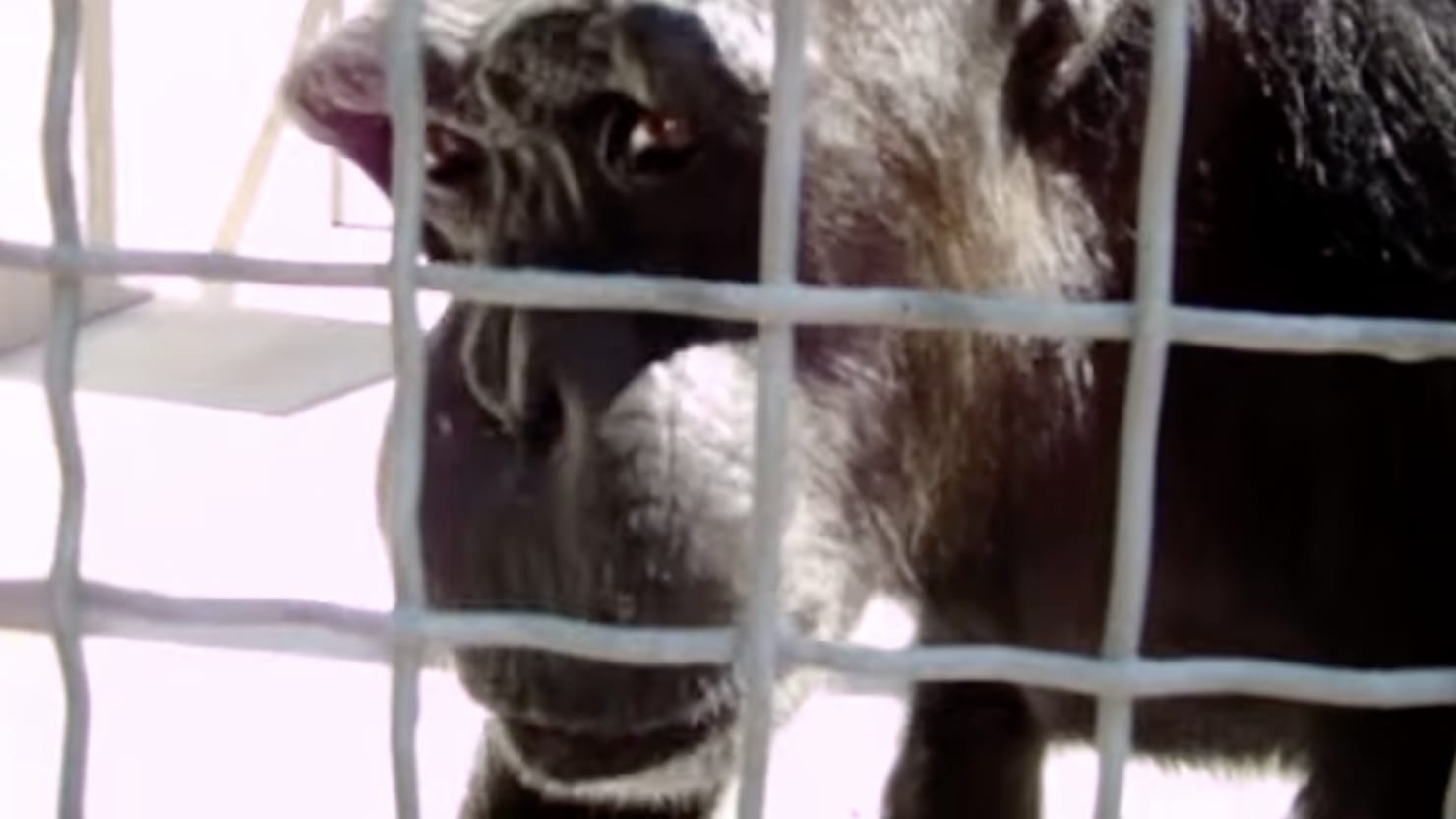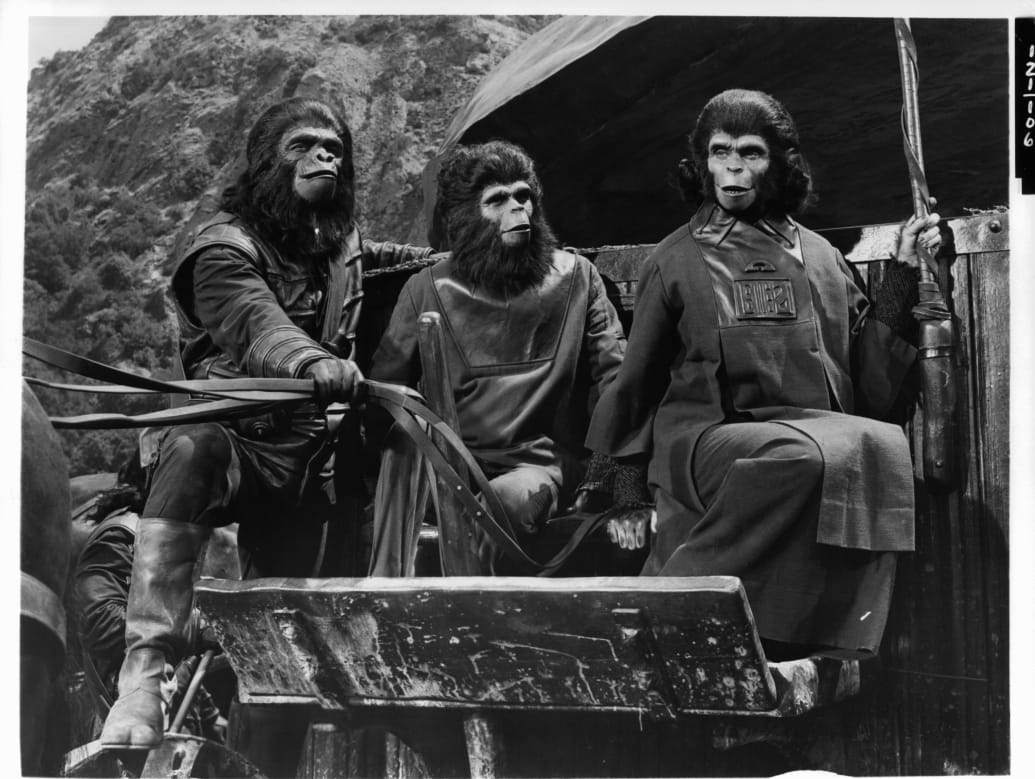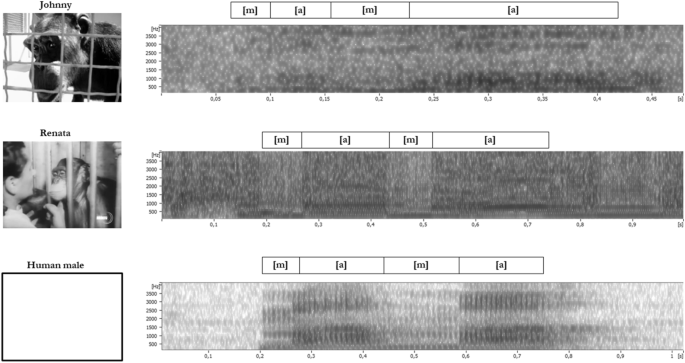
Two chimpanzees, Johnny and Renata, have been discovered to have uttered the word 'mama' in recordings from the past. This finding sheds light on the evolution of human speech and challenges previous assumptions about great apes' vocal capabilities.
Johnny and Renata were able to add vowels after consonants in their vocalizations, a skill that was not present in previous attempts to teach chimpanzees speech. This ability suggests that chimpanzees may possess the neural building blocks necessary for speech, as humans and chimpanzees share 98.8% of the same DNA.
The discovery of Johnny and Renata's vocalizations comes from re-examining old research and a recent find on YouTube. The researchers involved in the study believe that this finding offers important insights into the origins of human speech, as talking allowed early humans to cooperate and amass knowledge over generations.
Despite earlier experiments, such as those involving Viki, a chimpanzee raised by psychologist Keith Hayes and his wife in the 1940s, being dismissed due to trauma inflicted on the animals and lack of conclusive results, Johnny and Renata's vocalizations demonstrate that chimpanzees may be capable of more complex vocalizations than previously thought.
Recent research has shown other ways that chimpanzees act like humans. For example, mother chimps prioritize playing with their children even when food is scarce and they are exhausted.
Chimpanzees' vocal abilities challenge the reputation of great apes as unsuitable models for speech and language evolution. This discovery may lead to further research into the origins of human speech and how it evolved from our closest living relatives.


